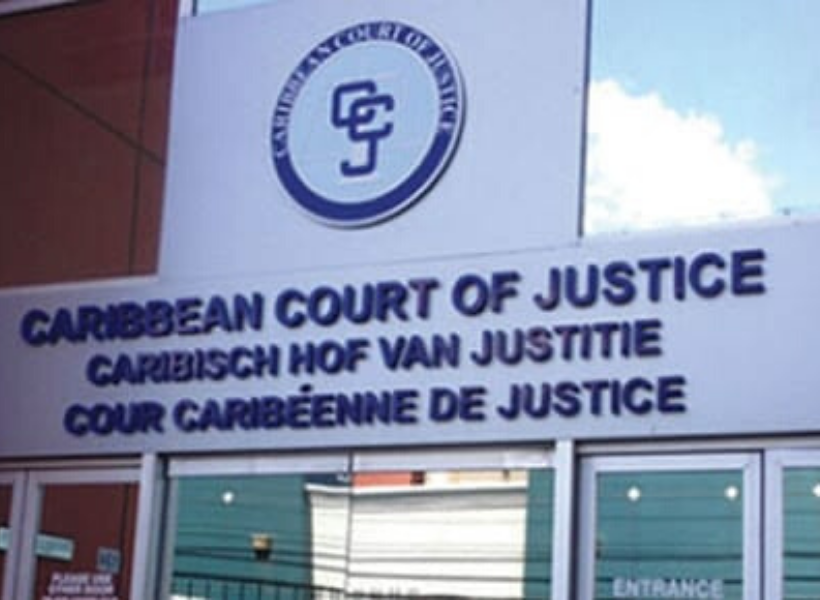The 12th annual Caribbean Court of Justice (CCJ) international law moot which was scheduled for this Thursday and Friday, March 19 and 20, 2020 at the court’s headquarters in Port of Spain, Trinidad and Tobago, has been postponed in light of COVID-19 outbreak in the region.
In a statement issued today, the CCJ said that in light of the COVID-19 pandemic and guidance from the local Ministries of Health and National Security, the CCJ has taken the necessary precaution to postpone the 12th CCJ Annual International Law Moot.
The regional court said, “Alternative modes and dates are being considered and we will keep you abreast of decisions in time to come. The health and well-being of our participants, stakeholders and staff remain our priority. We encourage everyone to safeguard themselves and be vigilant and safe at this time.”
Earlier today, Prime Minister of Trinidad and Tobago, Keith Rowley announced that the country’s borders will be locked down to all outsiders for the next few weeks. The Prime Minister said, “Cabinet met this morning and has taken the decision that Trinidad and Tobago will cease to encourage and facilitate for the next 14 days, entry into this country except for people who are nationals of Trinidad and Tobago.”
Ten teams from law schools and law faculties from across the Caribbean were scheduled to compete in this year’s competition which could have been live streamed via the court’s website.
Last year’s event featured presentations from the Faculty of Law University of Guyana; the Norman Manley Law School (Jamaica); Faculty of Law of the Anton de Kom University of Suriname; Faculty of Law of the University of the Bahamas; Faculty of Law of the University of Technology, (Jamaica); Faculty of Law of the University of the West Indies – Cave Hill, Barbados; Faculty of Law of the University of the West Indies, Mona, Jamaica; and Faculty of Law of the University of the West Indies, St Augustine, Trinidad.
The University of Guyana carted off the prize for best academic institution after emerging as the runner-up when the CCJ held its eleventh annual international law moot. Meanwhile, the Hugh Wooding Law School bested eight other schools to take home the CCJ Challenge Shield as winners of the competition.

Each year, the moot aims to give students grounding in the court’s Original Jurisdiction, where the CCJ is the guardian of the Revised Treaty of Chaguaramas.
Last year’s fictional question centered on a dispute where Suriname was alleging breaches of the Treaty of Chaguaramas caused by the treatment of a couple in a manner amounting to discrimination on the grounds of nationality.













